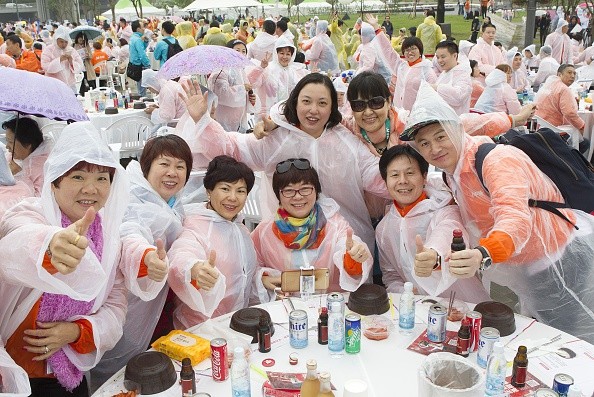According to Reuters, South Korea will introduce a new five-year renewable visa in January to attract affluent Chinese tourists, against the backdrop of a decrease in Chinese arrivals in the second half of 2016. Chinese tourists holders of the 'Hallyu' visa will now be allowed to stay up to 30 days In the country.
In recent years, South Korea became one of the top destinations among Chinese travelers. Although there is a brief slowdown of travelers due to an outbreak of the Middle East Respiratory Syndrome, it is said that the number of Chinese visitors is expected to reach 8 million at the end of the year. This is a 33 percent increase compared to 2015.
However, there have been monthly decreases in the number of Chinese visitors since Seoul announced the deployment of the THAAD advanced United States missile defense system in July. There are only 516,856 Chinese visitors in South Korea, a huge decrease compared to July's record of 917,500 visitors.
"The China Youth Travel Service Co saw a decrease of about 20 to 30 percent in the number of visitors to South Korea in the second half of the year compared with the first half. Many complicated exterior reasons were responsible," said Xu Xialoei, the spokesman of the company.
Besides the THAAD deployment, the latest scandal of the impeachment of Park Geun-Hye, South Korea's president, affected the decisions of Chinese tourists.
According to industry insiders, it is too early to determine whether the new visa will fuel the inbound tourism industry of South Korea in the upcoming year.
Wang Zhenyue, the deputy director of UTour International Travel Service's direct-marketing center, said, "The timing of the new visa policy is good because it coincides with the New Year and Spring Festival holidays, a peak season for outbound Chinese tourism. However, the amount needed to qualify for a hallyu visa is relatively expensive for a brief visit, and residents from Shanghai and Beijing can easily get a five-year, multiple-entry visa without spending so much money."



























